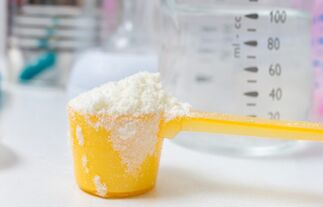研究显示 我国纯母乳喂养率偏低
|
More than 61% of children 6 months or younger in China are now predominantly fed breast milk, but the rate of exclusive breastfeeding remains low, according to new research. A child is considered exclusively breastfed when breast milk is given without any additional food or liquid, health experts said. China's top health regulator aims to raise the rate of exclusive breastfeeding in the first six months of life to 50% by 2020.
"The rate now is higher than the 20.8% measured by the Center for Disease Control and Prevention in 2013, but it's still far from the 2020 goal," said Lu Mai, vice-chairman of the China Development Research Foundation. The new research was conducted from September to December and was based on more than 10,000 questionnaires collected in 12 urban and rural regions. Major barriers to achieving a higher rate of exclusive breastfeeding include a lack of facilities in public areas and workplaces, poor implementation of maternity leave and poor compliance with the International Code of Marketing of Breast-milk Substitutes, experts said. The latest data also show families in large cities tend to mix infant formula with breast milk, and those in smaller cities and rural areas prefer feeding their children with additional liquid and solids along with breast milk. |









